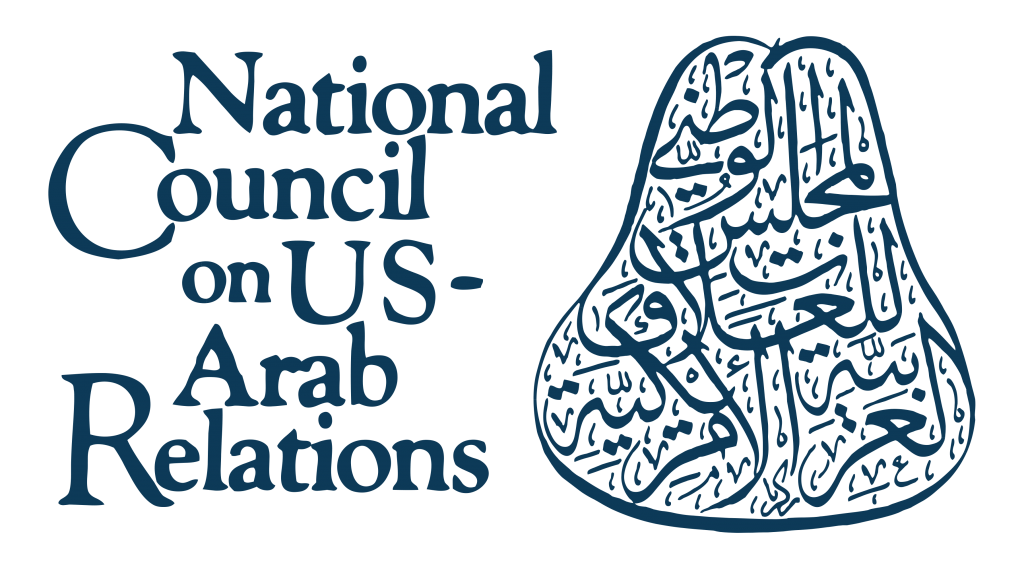Kaplan Joins Collective of National Council Advisors Guiding U.S.-Arab Relations Educational Programs
Washington, D.C.: The National Council on U.S.-Arab Relations [ncusar.org], founded in 1983, is pleased to announce that award-winning producer and journalism pioneer Richard (“Rick”) Kaplan has joined its International Advisory Board. Members of the Council’s International Advisory Board make suggestions and recommendations, and provide strategic support to the Council’s Board of Directors together with its President and Chief Executive Officer.
In announcing the appointment, National Council Founding President and Chief Executive Officer Dr. John Duke Anthony and Board of Directors Chairman John Pratt stated, “We are honored that Rick Kaplan has accepted the National Council’s invitation to serve on its Advisory Board. The depth of his experience in television news media is virtually unmatched. That he is so widely recognized and awarded for his accomplishments in journalism is a testament to his ability to analyze, assess, and act on trends in information communication industries. The Council looks forward to continuing to benefit from his insight and perspective.”

Rick Kaplan chaired a session on “Dynamics Impacting the Future of the U.S.-Arab Relationship” at the National Council on U.S.-Arab Relations 28th Annual Arab-U.S. Policymakers Conference in Washington, D.C.
Mr. Kaplan has been President of CNN-U.S., Senior Vice President of ABC News, President of MSNBC, Executive Producer of CBS Evening News with Katie Couric, and Executive Producer of This Week with Christiane Amanpour. He has lectured on journalism, advertising, and politics in media at institutions including Duke University, Harvard University, Columbia University, Cornell, Wellesley, Boston College, Columbia College, the University of Southern California, the University of California at Berkeley, the University of Pennsylvania, and, his alma mater, the University of Illinois at Urbana-Champaign.
At the National Council’s 28th Arab-U.S. Policymakers Conference in October 2019, Mr. Kaplan served as the Chair for a session on “Dynamics Impacting the Future of the U.S.-Arab Relationship” that featured New York Times Op-Ed Columnist Mr. Thomas L. Friedman, American University in Cairo Distinguished Lecturer of Political Science The Right Honourable Mona Makram-Ebeid, Atlantic Council Middle East Programs Director of Regional Security Ms. Kirsten Fontenrose, and Beirut Institute Founder and Executive Chairman Ms. Raghida Dergham. Audio and video recordings of Mr. Kaplan’s session along with recordings of other sessions and speakers from the Conference are available online from the Council.
About the National Council on U.S.-Arab Relations: Founded in 1983 and based in Washington, D.C., the National Council is an American non-profit, non-governmental, educational organization. The Council pursues its educational mission through nine programs, projects, events, and activities. Each is dedicated to enhancing American awareness and appreciation of the extraordinary benefits that the United States has long derived from its special relationships with countries in the Arab region – and vice versa.
At the center of the National Council’s efforts to advance American knowledge and understanding of Arab culture, societal dynamics, and systems of governance are the Council’s flagship education, training, and leadership development programs. These are designed to elevate the leadership skills and empirical Arab-centric educational experiences of the emerging generation of young Americans and Arabs. Upon their shoulders will rest the responsibility for ensuring that the relationships between the American and Arab peoples are continuously strengthened, improved, and sustained far into the future.
Information about the Council can be found at ncusar.org.






You must be logged in to post a comment.